With support from funders and with the groundswell of one billion persons with disabilities demanding their rights, I am confident we can redefine how we talk about rights, inclusion, equity, and diversity.
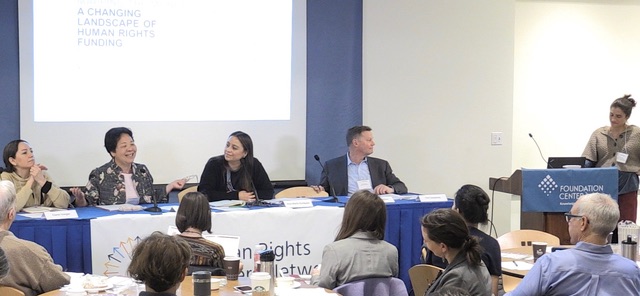
Last week, I was invited to a conversation at the Human Rights Funders Network to give context to five years of funding trends from the latest research on Advancing Human Rights: The State of Global Foundation Grantmaking. Caitlin Stanton from Urgent Action Fund moderated the conversation and the room was filled with activists and data geeks eager to learn about data.
What seemed like a happy coincidence was that on the other side of the world, my colleague Jorge Manhique was at the African Conference of Sexual and Reproductive Health with Urgent Action Fund Africa. He was with Robinah Alambuya, a Ugandan woman with psychosocial disabilities, who was talking about how girls with disabilities face a high rate of gender-based violence. Even five years ago, Robinah would not have been able to speak out because of the discrimination she faced within the disability movement and the feminist movement. Today, she runs Triumph Uganda, an organization that advocates for and supports girls and women with disabilities, giving them space to speak out.
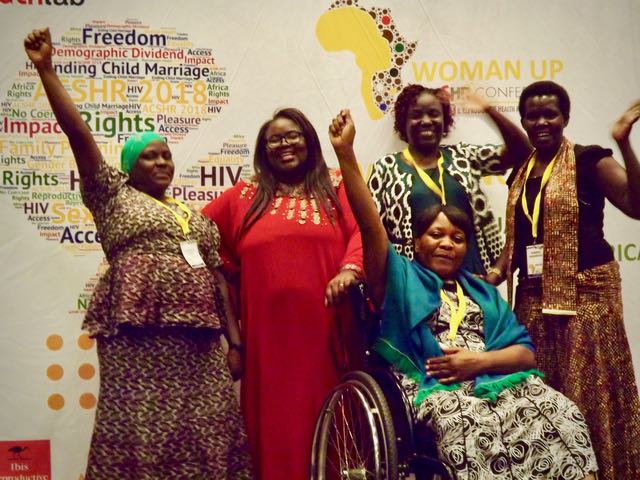
The Disability Rights Fund began ten years ago, powered by the momentum built from the UN Convention on the Rights of Persons with Disabilities (CRPD). The CRPD is an international human rights treaty that, for the first time at the global level, considered persons with disabilities as rights holders, and not as objects of charity.
One in seven people in the world have some form of disability. According to the data from the Advancing Human Rights report, persons with disabilities are not getting a proportionate share of the funding from human rights funders.
What the data doesn’t tell us is the stories of the movement’s progress and the courage of persons with disabilities speaking out. I see how far the movement has come with such modest investments. I like to believe that we are reaching a tipping point – soon, we will see more and more leaders choosing to work across movements, and not in silos.
If we resource more young people with disabilities and women with disabilities, and give them the space to speak out, they will take the lead. Santi Setyaningsih, an Indonesian young Deaf woman said, “To achieve gender equality, we must not forget the rights of women with disabilities.” Five years ago, her voice was not even included in the movement.
In alignment with the movement motto, “Nothing about us without us,” persons with disabilities are now demanding to be at the decision making table, and not just on the menu.
A rights-based treaty at the global level, like the CRPD, can be used as a tool for persons with disabilities to change discriminatory laws at the national and local levels. For example, with our support, disabled persons organizations (DPOs) have advocated for 64 national laws and legislative changes. That means children with disabilities are able to attend school, and women with disabilities can demand justice when they have been violated.
It was just two years ago that three women were murdered in Haiti because they were Deaf; the perpetrators held a belief that women with disabilities were evil spirits. Fast forward to last week, when my colleague Jo-Ann Garnier accompanied twelve Haitian persons with disabilities to speak at the United Nations in Geneva. Representing persons with disabilities in Haiti, they informed the Committee on the Rights of Persons with Disabilities how the CRPD has been implemented by the Government of Haiti. In their presentation, they also demanded justice for the three Deaf women. Jo-Ann reflected on DRF’s strategy:
We supported disabled persons organizations from across Haiti to speak as one strong voice. The movement’s strength comes from the diversity of perspectives and their collective hope for equal rights and opportunities for all persons with disabilities.
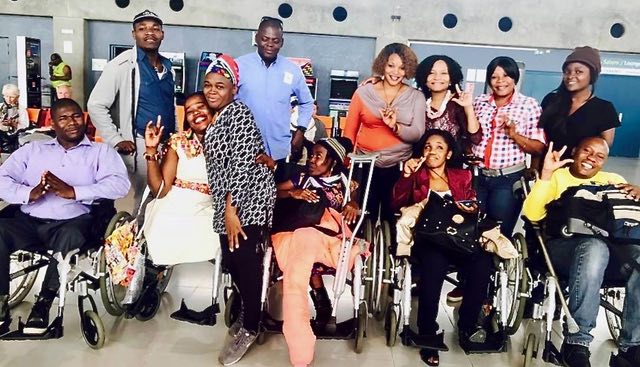
We’ve come far in the last three years, I borrow a saying from Haitian activist, Soinette Desir:
The respect for our rights will not be possible without the solidarity and collaboration of all.
We must continue to learn from research and data; and let us also be sure to learn from leaders on the ground. If the communities we support are collaborating across movements, then we, as funders, should too. With support from funders and with the groundswell of one billion persons with disabilities demanding their rights, I am confident we can redefine how we talk about rights, inclusion, equity, and diversity.
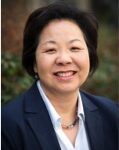 Yumi Sera is the Director of Partnerships and Communications at the Disability Rights Fund and Disability Rights Advocacy Fund and the Co-Chair of the International Funders for Indigenous Peoples
Yumi Sera is the Director of Partnerships and Communications at the Disability Rights Fund and Disability Rights Advocacy Fund and the Co-Chair of the International Funders for Indigenous Peoples
Photo 1: Panel at the Human Rights Funders Network meeting. From left to right: Claret Vargas, Dejusticia; Yumi Sera, Disability Rights Fund; Ana Maria Enriquez; Tim Sweeney, Pride Foundation; Caitlin Stanton, Urgent Action Fund. (photo credit Jarrod Sport)
Panel 2: Photo at the African Conference of Sexual and Reproductive Health. From left to right: Faridah Nabbanja (NUWODU, Uganda); Ruth Nkutumula (DIWA, Malawi); Jennifer Isiko (Triumph Uganda); Robinah Alambuya (Triumph Uganda); in Front: Sigere Kasasi (DIWODE, Malawi). (photo credit Jorge Manhique)
Photo 3:Group of leaders from Disabled Persons Organizations on their journey to the United Nations, Geneva
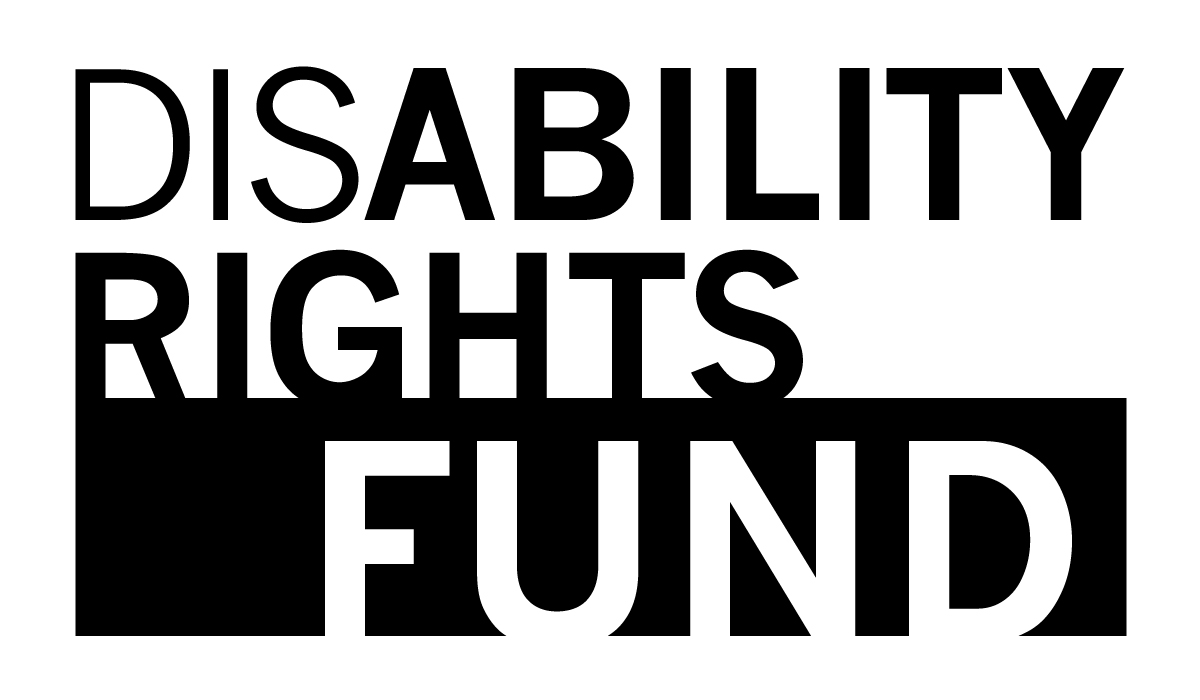
2 thoughts on “Funding and Building Power Across Movements”
Comments are closed.